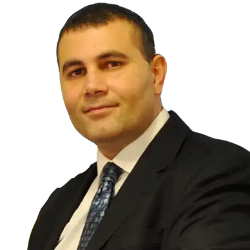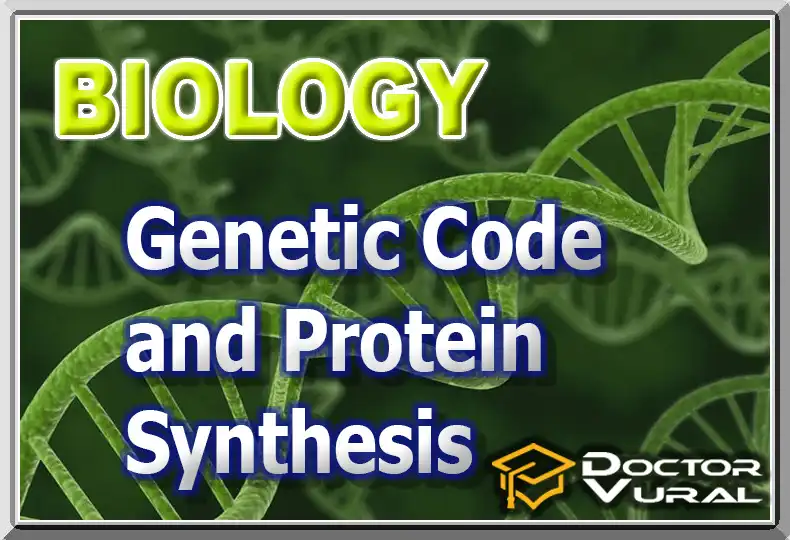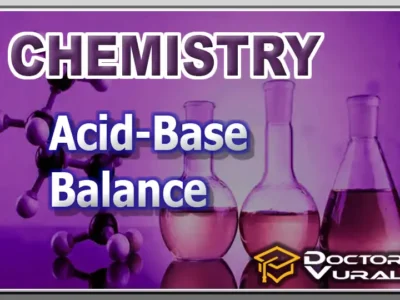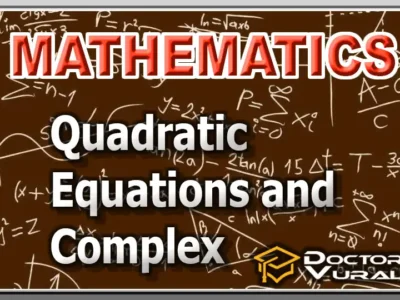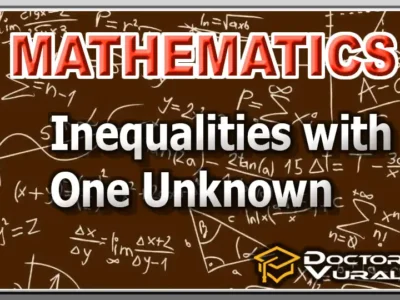The Genetic Code and Protein Synthesis
Learning Time: 5-15 hours
Content: The genetic code includes the processes that enable the conversion of information in DNA into protein synthesis. This topic covers DNA structure (nucleotides), transcription (mRNA formation), translation (protein synthesis), and the universality of the genetic code. TYT focuses on DNA replication and basic protein synthesis, while AYT focuses on mutations and genetic engineering. The current 2025 curriculum also includes gene editing techniques such as CRISPR and epigenetics. Learning this topic forms the basis for genetics and biotechnology.
- DNA and the Genetic Code:
- DNA Structure (Double Helix and Nucleotides)
- Genetic Code (Codon and Anticodon)
- Universality of the Genetic Code
- DNA Replication:
- Semi-Conservative Replication
- Enzymes (DNA Polymerase, Helicase)
- Replication Errors
- Transcription:
- mRNA Synthesis (RNA Polymerase)
- Post-Transcriptional Modifications
- Intron and Exon Separation
- Translation:
- Ribosome Structure and Function
- tRNA and Amino Acid Activation
- Formation of Polypeptide Chain
- Genetic Regulation:
- Operon Model (Lac Operon)
- Epigenetic Modifications
- Gene Expression Control
- Mutations and Their Effects:
- Point Mutations (Suspension)
- Frameshift (Deletion, Insertion)
- Effect of Mutations on Diseases (Sickle Cell Anemia)
- Genetic Engineering:
- Recombinant DNA Technology
- CRISPR and Gene Editing
- Gene Therapy Applications
Course Features
- Lectures 0
- Quizzes 0
- Duration 5 hours
- Skill level Expert
- Language English
- Students 15
- Assessments Yes

